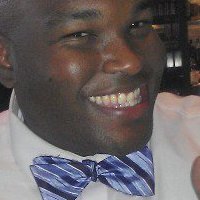 Jerrod B. Lowry is a proud graduate of Johnson C. Smith Theological Seminary of The Interdenominational Theological Center in Atlanta, GA. After graduating he served as a tent maker; pastor at St. Paul PC (USA) in Louisburg, NC and Associate for Specialized Ministries for the Presbytery of New Hope. Jerrod recently celebrated his fourth year as the pastor at Community of Grace PC (USA) in Sandy, UT. He has served on the Committee of the Office of the General Assembly and the Committee on Ecumenical Relations.
Jerrod B. Lowry is a proud graduate of Johnson C. Smith Theological Seminary of The Interdenominational Theological Center in Atlanta, GA. After graduating he served as a tent maker; pastor at St. Paul PC (USA) in Louisburg, NC and Associate for Specialized Ministries for the Presbytery of New Hope. Jerrod recently celebrated his fourth year as the pastor at Community of Grace PC (USA) in Sandy, UT. He has served on the Committee of the Office of the General Assembly and the Committee on Ecumenical Relations.
I had an opportunity to attend most of the dialog on race held at the Big Tent. While I want to commend whoever made space on the busy Big Tent schedule for such conversation, there were some glaring negatives about the experience. Some of the negatives were addressed during the meeting. There could have been greater diversity on the panel. The meeting was offered while other classes were taking place; almost ensuring those who attended would be those already sensitive to racial disparities. This also meant that it could not be a conversation for the entire church. And many came believing the conversation would address the recent tragedy regarding the death of Trayvon Martin and the failure of the justice system to convict his killer.
Again, while I commend the attempt I believe in many ways this conversation was doomed from the beginning based on our historic failure to address matters of race as a denomination. I’ve often heard many speak with powerful Presbyterian pride as they reference the presence of Eugene Carson Blake attending and speaking at the March on Washington with Dr. Martin Luther King Jr. Blake’s participation seems to serve as an opportunity to boast about a time when privilege was laid aside for the sake of justice. The statements of some suggest that we continue to do now what Blake did then.
On the 28th of this month, we celebrate the 50th anniversary of that event and it may be helpful to revisit the words Blake spoke on that day. The fact is he lamented the late arrival of himself and those white and privileged to the struggle against racism. He had made a similar comment about the church’s delay when he was arrested at a segregated Baltimore amusement park. In 50 years since Blake’s confession of tardiness have we had conversations on racism? Where did they go? Have we confessed and sought repentance for perpetuating Manifest Destiny and the damaging implications it had and still has on Native Americans? Have we confessed and sought repentance for those institutions, seminaries, and congregations built by and endowed by the faithful tithes of those who benefited from the slave trade to the detriment of peoples of the African diaspora?
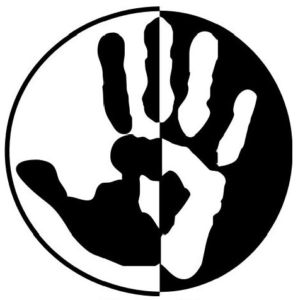 Too many of our congregations remain segregated by race, hostile to female pastoral leadership, and preach an elitist capitalistic and homophobic gospel. Too many of us live in effectively gated communities, insulated from people who differ from us in all kinds of ways. While there is diversity among General Assembly level committees and staff of the Presbyterian Church (USA), such racial diversity has rarely found its way into a chair occupied by a head of one of the agencies. Taking all this into account, I wonder: is the church, our church, even the right place to have a conversation on racial injustice?
Too many of our congregations remain segregated by race, hostile to female pastoral leadership, and preach an elitist capitalistic and homophobic gospel. Too many of us live in effectively gated communities, insulated from people who differ from us in all kinds of ways. While there is diversity among General Assembly level committees and staff of the Presbyterian Church (USA), such racial diversity has rarely found its way into a chair occupied by a head of one of the agencies. Taking all this into account, I wonder: is the church, our church, even the right place to have a conversation on racial injustice?
Absolutely! We needed to have the conversation at Big Tent even though it left such a bad taste in the mouths of some who hoped such a conversation would bring about a path toward resolution and a call to action. It was important to have two top officials of our church making the effort to be there and being fully engaged. We needed to have the conversation because we have declared since 1967 that the corporate church and the individual believer must be involved in the abolition of all racial discrimination and serving those injured by racial injustice (Confession of 1967, para. 9.44). We needed to have the conversation because there will be more Trayvon Martins for whom the church must raise its voice and speak even as it weeps.
And while confession of historic wrongs will not resolve the issues those wrongs created, nor heal wounds still being inflicted, it does provide opportunity for us to face those wounds together. It is simply part of the calling of our church to discuss how best to live and witness both as the wounded and as those hurt by the wounds of our brothers and sisters. If there is ever to be healing, we must come together and endure many awkward conversations featuring far too much blame and far too little empathy—because that balance will tip in direction of justice.

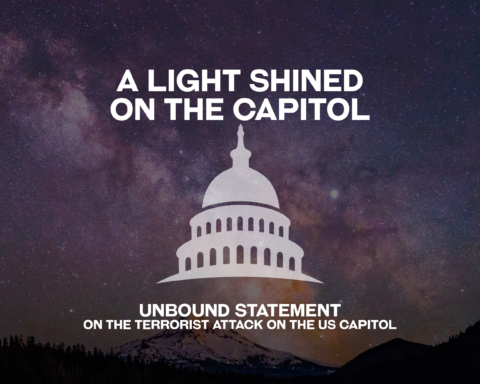
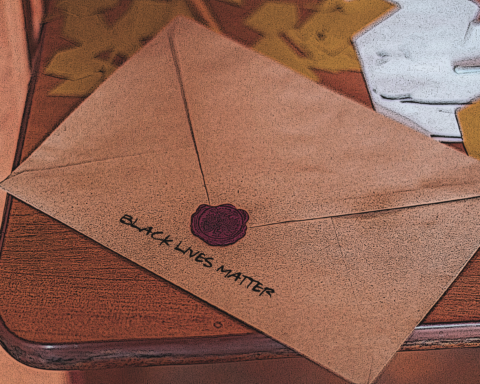
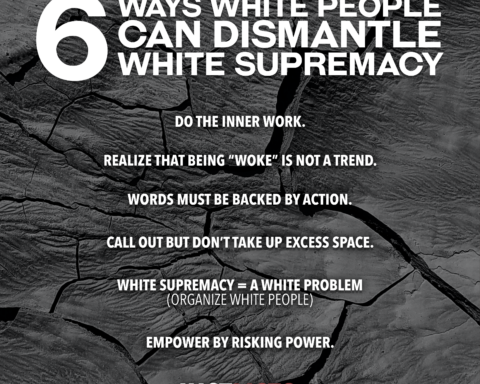

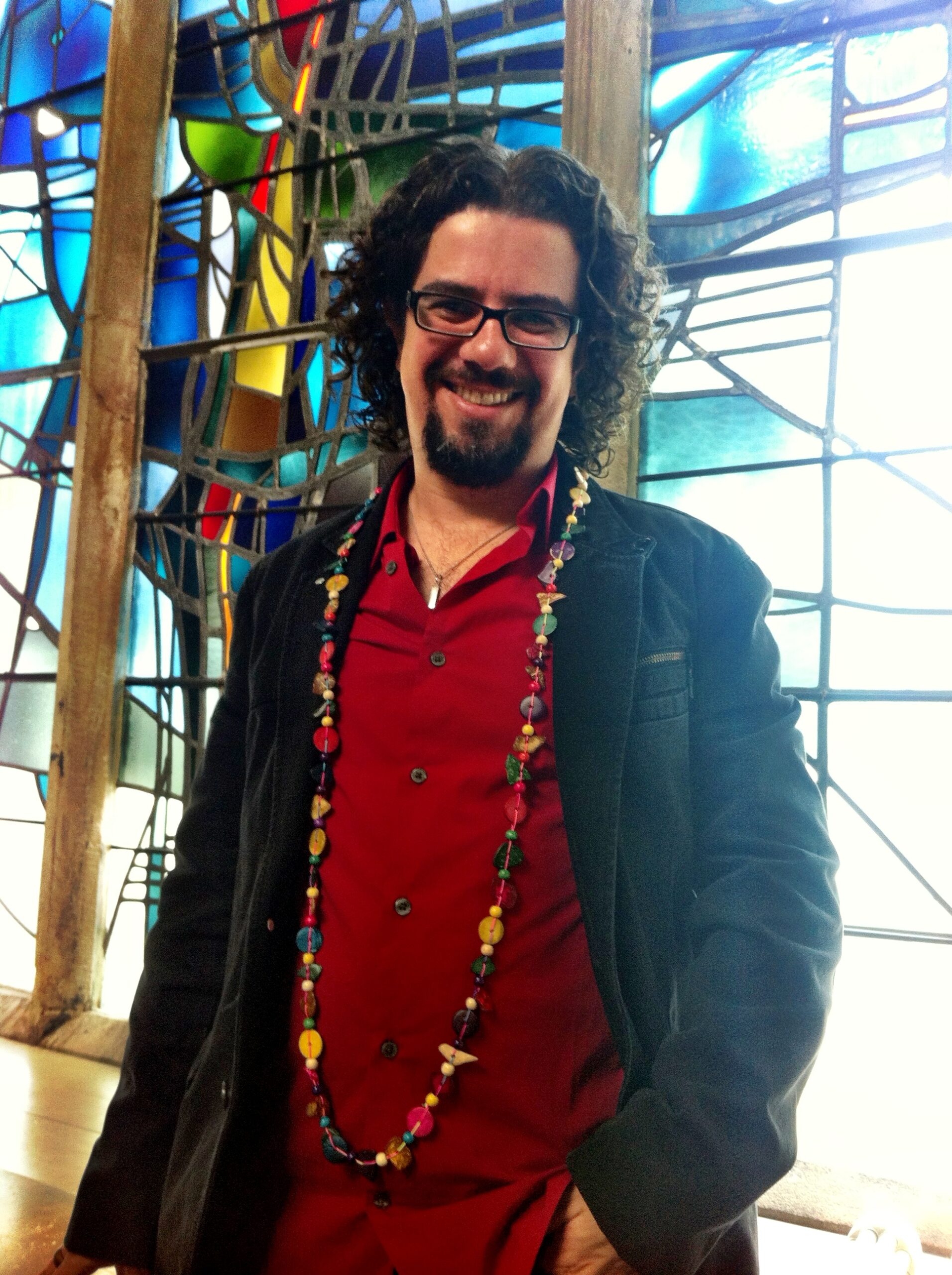
Unbound Social